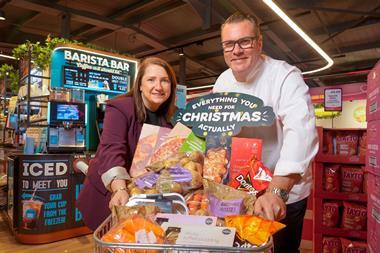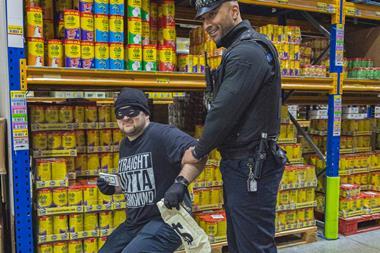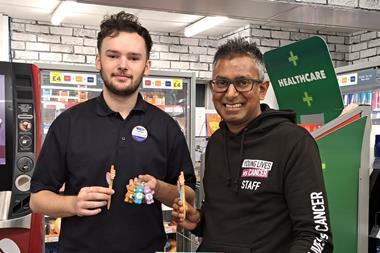C-Store Champions: Elevating communities through local sourcing
By Sunneva Moore2024-03-04T15:58:00

Our C-Store Champions have demonstrated a strong commitment to supporting local communities by intregrating locally sourced products in their stores
ALREADY HAVE A REGISTERED USER ACCOUNT? PLEASE LOG IN HERE
To read the full story join the ConvenienceStore.co.uk community today!
Registration is quick and easy and provides access to:
- Unlimited ConvenienceStore.co.uk articles
- Our great range of newsletters
- Content you’ve saved for later via the ‘my library’ feature
And much more…
Related articles
-
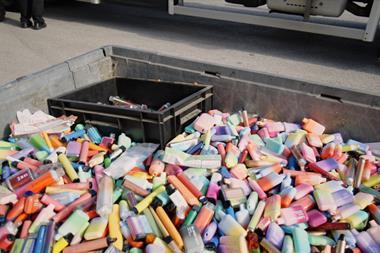
-
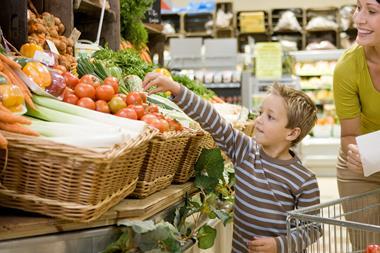
How to create real business longevity and success
This content is provided by KP Snacks
-
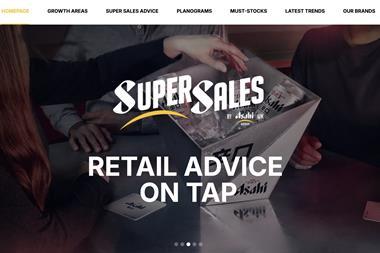
-
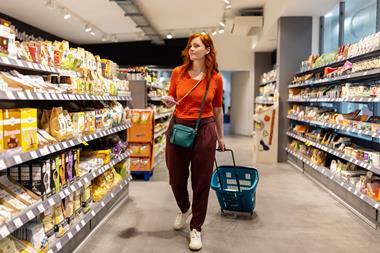
-
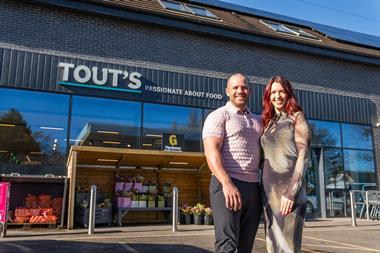
-

More from Community
Unlimited Access + Newsletters
Register today to gain unlimited access to articles and to receive our great range of email newsletters.






















